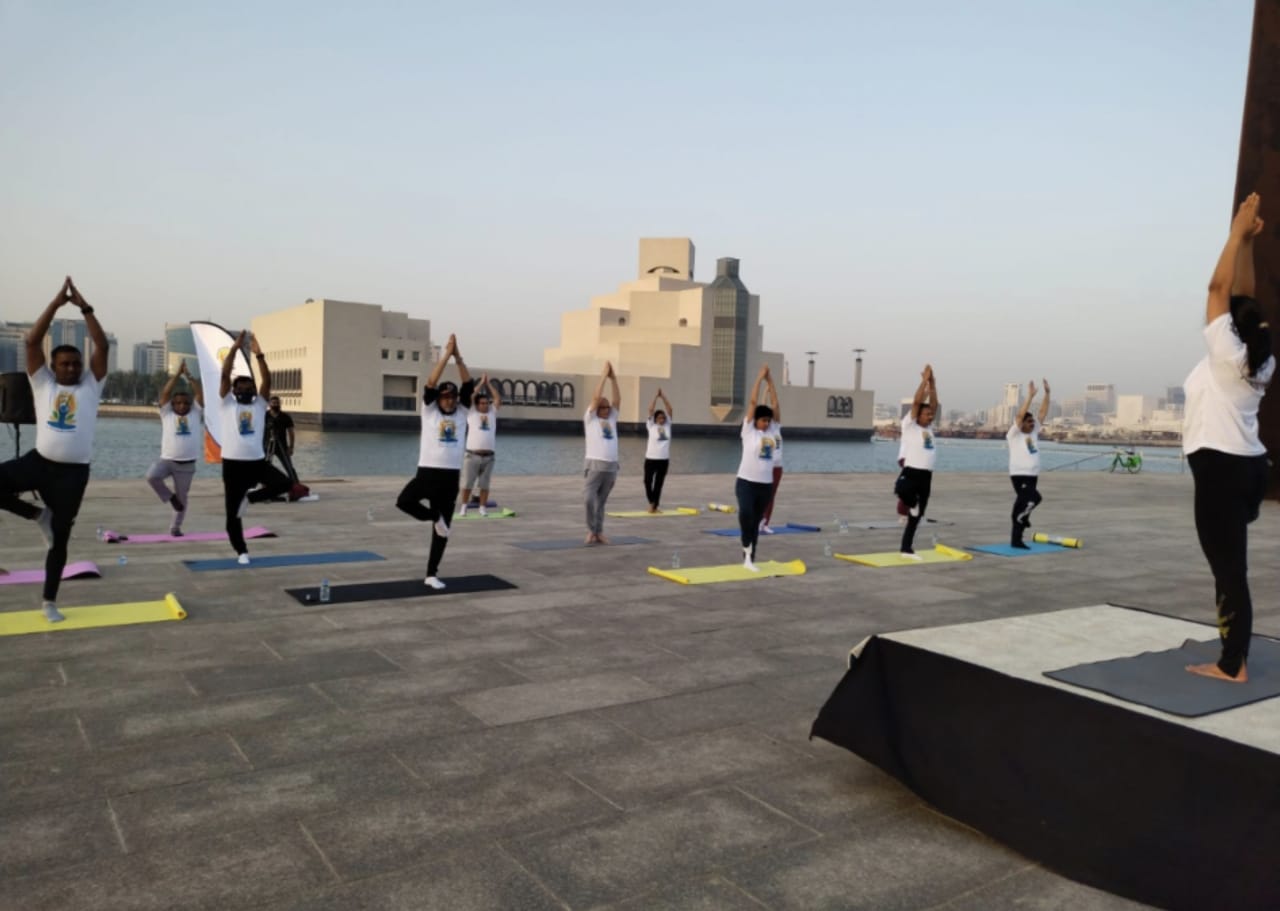Yoga isn’t only about meditating or doing challenging poses. If done correctly and under the supervision of well-trained yoga instructors, it has a variety of benefits for our bodies. Meditation, chanting, mantra, prayer, breath work, ritual, and even unselfish action are among the contemplative and self-discipline activities included in yoga.
The root word “yuj” means “to yoke” or “to bind,” which is where the name “yoga” comes from. The word has various connotations, ranging from astrological conjunction to nuptials, with the central notion of connectedness running through them all.
The term ‘yoga asana’ refers to the physical practise and postures of yoga.
In this post, we’ll go over the many advantages of yoga in depth.
Enhances adaptability
According to the National Institutes of Health in the United States, the fundamental benefit of practising yoga poses is that they help the body grow more flexible over time.
Flexibility is a crucial part of physical health, and there are many different kinds available. The strength of each one varies from high to moderate to light. Poses with the lowest intensity can also help with flexibility.
Yoga has been shown to promote flexibility in persons 65 and older, which is important because this age group has less flexibility as they get older. Yoga has been shown in studies to slow down the ageing process and enhance flexibility in seniors.
Assists with Stress Reduction
According to the American Psychological Association, 84 percent of American people who have tried yoga have had beneficial benefits and have been able to relieve long-term stress.
Yoga includes physical practise as well as meditation, breath exercises, and auditory rituals such as chanting and sound baths, all of which assist to reduce tension and stress.
Assists in the reduction of anxiety
Anxiety disorders are the most frequent mental health illnesses in the United States, according to the Anxiety and Depression Association of America. Generalized anxiety disorder, social anxiety, and specific phobias are among them. Anxiety disorders might be classified as chronic stress.
Although further research is needed, evidence shows that yoga asana can be useful and can be used as an alternative treatment for anxiety problems.
Yoga Nidra, a body scan/guided meditation, has been shown to significantly alleviate anxiety symptoms in patients.
Aids in Immunity Boosting
Yoga not only helps to relieve stress, but it also helps to boost immunity. Furthermore, persistent stress has a deleterious impact on the immune system.
Immune deficiency might put you at risk for a variety of illness. Yoga, as an alternative treatment for stress, can help increase immunity by keeping stress at bay, according to Healthline.
Long-term practise of yoga has been linked to improved immune system functioning, according to research.
Yoga can aid in the reduction of inflammation and the enhancement of cell-mediated immunity.
Aids in Posture Improvement
This generation is undeniably engrossed in their phones, laptops, tablets, and other electronic devices. People still sit at their desks for lengthy periods of time with a bent back, despite the shift in lifestyle in the work from home setting.
Yoga has been proven to increase brain functioning in areas important for enteroception, a process that aids in the recognition of feelings within your body and posture, according to PubMed.
Additionally, yoga’s contribution to mobility and flexibility is an added advantage that aids in improved alignment by releasing tight muscles and so enhancing spine mobility.
Yoga positions can be practised in between workouts to improve posture.






